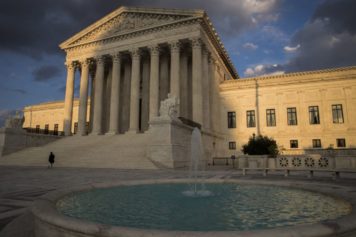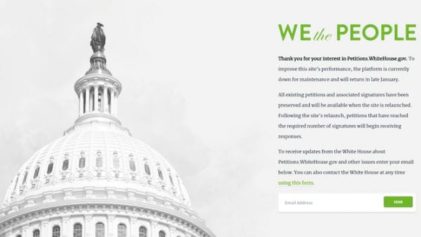
“Certain types of cases result in too many Americans going to prison for far too long, and at times for no truly good public safety reason,” Holder plans to testify, according to an excerpt provided to The Washington Post.
Drug crimes have been committed by about half of the 215,000 federal prison inmates. The proposed changes would affect about 70 percent of drug offenders and decrease the federal prison population by about 6,550 inmates over the next five years.
If approved by the commission, the new guidelines would go into effect in November. Holder has instructed prosecutors not to push judges for the longer sentences.
The new guidelines are expected to have bipartisan support in Congress because they reduce government spending.
These proposed changes come after Holder’s speech last August to the American Bar Association in San Francisco, when he announced that low-level, nonviolent drug offenders with no ties to gangs or large-scale drug organizations will no longer be charged with offenses that impose severe mandatory sentences.
In that speech, Holder also introduced a policy to reduce sentences for elderly, nonviolent inmates, and to find alternatives to prison for nonviolent criminals, such as drug treatment programs.
These sweeping changes are expected to have a dramatic effect on African-American communities, where huge numbers of young Black males are sucked into the criminal justice system because of the possession of small amounts of marijuana. Observers believe the new policy is Holder’s attempt to burnish his legacy as attorney general.
“A vicious cycle of poverty, criminality and incarceration traps too many Americans and weakens too many communities,” Holder said in August. “However, many aspects of our criminal justice system may actually exacerbate this problem rather than alleviate it.”
“Too many Americans go to too many prisons for far too long and for no good law enforcement reason,” he said. “We cannot simply prosecute or incarcerate our way to becoming a safer nation.”
The American prison system is the most excessive on the planet. The U.S. is home to just 5 percent of the world’s population, but nearly 25 percent of the world’s prisoners, according to the Justice Department. This excess falls disproportionately on the African-American community—a fact of which Holder is well aware.
The cost of incarceration in the United States was $80 billion in 2010, according to Justice Department figures. And most alarmingly, while the U.S. population has increased by about a third since 1980 and the crime rate has fallen to levels not seen in a generation, the federal prison population has grown by about 800 percent—with federal prisons operating nearly 40 percent over capacity.
“This overreliance on incarceration is not just financially unsustainable — it comes with human and moral costs that are impossible to calculate,” Holder is expected to say to the sentencing commission.


